Niño Gojiashvili is an Editor at Caucasian Business Week based in Tbilisi, Georgia. She completed her High School in Georgia and posses a degree in Political Science from Bard College, NY, U.S.A. Caucasian Business Week is an English Language Weekly Print and online based business newspaper which caters to the business demography of Georgia and other Caucasian regions. More information can be found here.
Niño with her associates from Caucasian Business Week (From Left to Right; Niño Gojiashvili Levan Kalandadze, Nuca Galumashvili and Tamar Kakabadze) (Image Courtesy Facebook)
The European Union is undergoing dramatic change. States such as Greece, Italy and Spain have barely been sustaining by the slimmest margins thanks to their alliance with the European Union. But nations such as France and Germany are thriving due to the same Union. The Middle East is considering one such prospect, an Arab League of its own. However would the Arab league actually work? Would the European Union survive the current state of turmoil? And how would it protect its partner states from political and economic turmoil?
"Yes, I think it will survive but it doesn’t have much interest in protecting countries like Ukraine and Georgia against Russia."
Says Niño Gojiashvili. The European Union still lacks an organized army, established common trade agreements (only individual ones exist) and sanctions against nations such as Russia. Certain member states even have business agreements with Russia. Why would the Caucuses still want to join the EU?
"The entire Caucuses won’t be part of it, Georgia at best. I don’t think Azerbaijan has the same aspirations. Georgia just signed the association agreement with the EU and now it has to satisfy some of the basic economic/political standards that EU wants to see done in order for Georgia to movie to the next level. These go down to very specific things like insurance. MTPL was one of the requirements but we still don’t see that happening."
The parallel to be drawn here is the smaller nations presently in conflict such as Syria and Lebanon joining the Arab League. While sanctions against Iran have been supported by all the nations of the GCC, the countries still remain divided on their stance of Iraq which is partially controlled by rebel factions. But how would a state such as Iraq differentiate between politics and state?
"I would say it is an interesting interaction between politics and economy, in a small country like Georgia no business can practically evade being political to some degree. Business here really reflects the collective nature of our society - the way networking is done. One can say that the Russian nomenclature style of getting things done is still in place."
This is true for other established players such as the GCC nations. UAE for one does have the government investment arm which is involved in a lot of private businesses. This would involve networking and interacting with government officials. Large business owner in UAE can even directly appeal for policy changes and be involved in the process.
Going back to protecting the economies of smaller nations, what has the EU done to alleviate such issues? Niño explains;
"EU did very little to protect Ukraine. It is a means to imply that they don’t want to jeopardize relations with Russia over small states like Ukraine and Georgia, Which is sad for the aspirations of our country. However Azerbaijan has been doing interesting things in the oil sector like building pipelines bringing Caspian oil to Turkey visa Georgia, hence evading Russia via the BTC Pipeline (Baku-Tibilisi-Ceyhan Pipeline.) This self-sustenance has what has kept Azerbaijan away from any such EU aspirations."
The Arab League could face similar issues, mixing politics with business. In the draft, a common currency is being considered. Economists believe this is one of the causes for the downfall of the EU. The question still remains though - Would the Arab League pan out with all the business and political incongruence at hand? Only time will tell.


